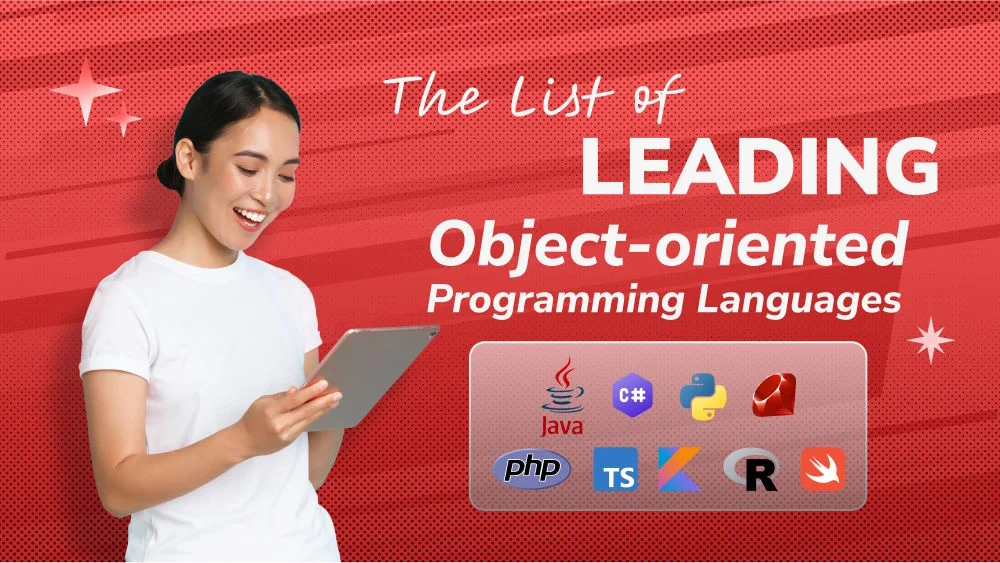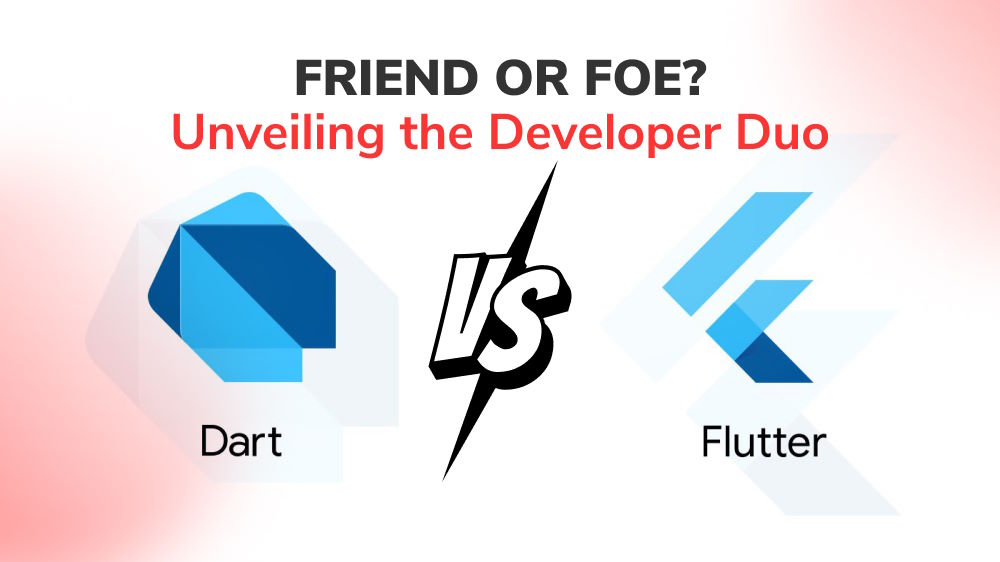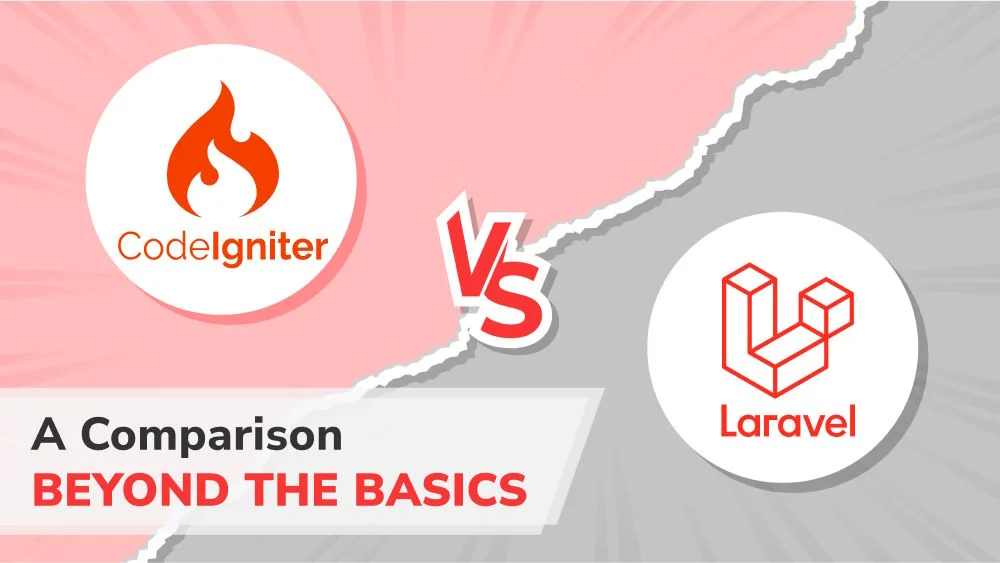
Finding the Best .NET Alternatives for Your Project
If you are looking for options that offer similar capabilities as .NET does, consider our top suggestions, including both programming languages and frameworks.

Content Map
More chaptersThe distinct requirements of a project prompt development teams to be on the lookout for the most suitable and efficient programming language, library, and framework. However, there are popular names that will come to the top of the head with certain types of projects. For instance, JavaScript is the most popular name for web app development, Swift for iOS mobile app development, Kotlin for Android mobile app development, React for frontend development, etc.
Despite their popularity, developers are constantly looking for alternatives to address their weaknesses. In today’s article, we will discuss .NET alternatives for your project, why you might need alternatives for this framework, and our top 5 replacement names.
Key Takeaways:
- .NET is an open-source framework with a wide range of usage, including desktop, web, and mobile development.
- .NET entails a list of strengths, including its rich development ability, object-oriented approach, cross-platform development, and active community. However, issues like memory-related issues, vendor lock-in, and licensing costs have prompted developers to look for .NET possible replacements.
- .NET’s top replacements are Mono, Java, Ruby on Rails, Delphi, and ExpressJS.
- There is no best .NET alternative, only the one most suited for specific project requirements.
What Is .NET?
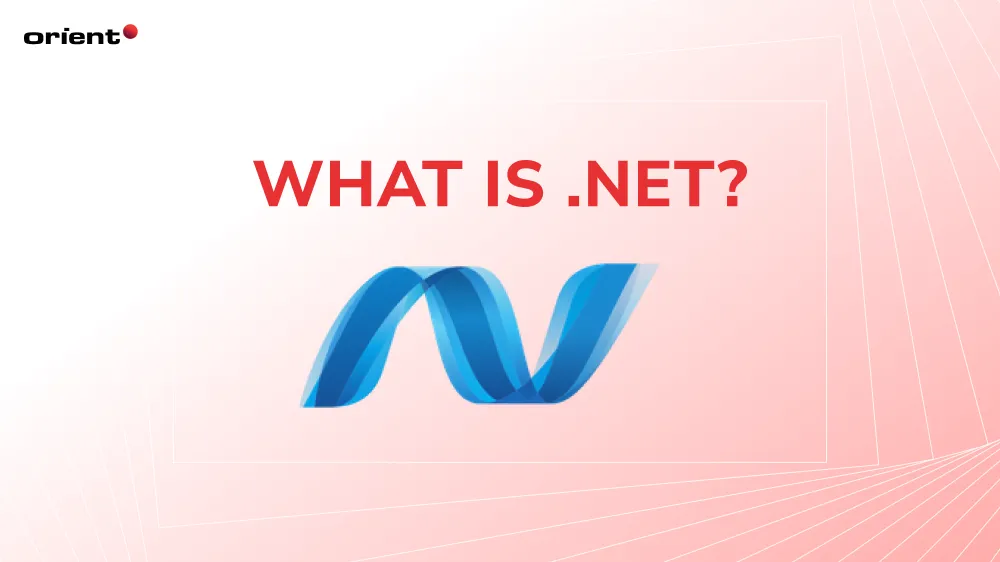
Definition
.NET is a free, cross-platform, open-source developer platform for building a broad range of applications, including desktop, web, and mobile. It supports multiple programming languages, with C# being the most popular. .NET provides tools, libraries, and a high-performance runtime for modern, scalable, and high-performance software development. It allows applications to run natively on any operating system, is maintained by an active developer community, and includes .NET Core for enhanced cross-platform capabilities.
What Is .NET Used for?
To fully examine how certain frameworks act as replacements for the .NET framework, it helps to understand the wide range of software products that .NET developers can create with it.
Web Applications Development
Utilizing C# and ASP.NET MVC (Model-View-Controller) framework, .NET is used to develop web applications that run in browsers. These web apps often require an Internet connection.
Client Applications
.NET is also used to build desktop apps like Notepad or Calculator with the help of Windows Forms or Windows Presentation Foundation (WPF).
Game Development
Popular games like Endless Legend, Pokemon Go, and Wasteland 3 are created using the Unity engine, which utilizes .NET technologies, C#, and Mono for scripting.
Internet of Things (IoT)
.NET is a common open-source framework used to create apps for IoT devices. The .NET nanoFramework supports development for resource-constrained devices.
Enterprise Applications
In addition to creating web apps, the framework is often present in the development of enterprise applications, namely ERP, CRM and other document and information systems. With .NET, developers can integrate large-scale business applications with legacy systems.
Microservices
.NET is a suitable tool for creating scalable and distributed systems. .NET Core and ASP.NET Core are two frameworks in the .NET ecosystem that support the development of lightweight, high-performance, and independent microservices.
Cloud Services
As a versatile framework, .NET is used to build scalable and reliable cloud-based applications and services. It integrates seamlessly with Microsoft Azure for hosting, databases, and storage, offering a wide range of Azure functions.
Machine Learning and AI
.NET framework, with AI and ML frameworks like ML.NET, integration with TensorFlow and Azure Cognitive Services, are robust tools to build machine learning models and integrate AI into applications.
Why You Might Want to Look for .Net Alternatives
According to Statista, nearly 20 percent of respondents selected the .NET Framework as the most popular technical expertise in the .NET C# tech stack in 2023. Another Statista report found that approximately 17% used the .NET Framework (1.0 - 4.8).
The framework’s recognition is clear, especially with the array of advantages it brings to the development process.
Advantages
- Object-Oriented Software Development Model in .NET: .NET is based on object-oriented programming (OOP) model, meaning it breaks down the software into smaller and manageable pieces, simplifying programming,
- Rich development environment: .NET provides users with the best set of tools to create web apps and mobile apps that are impressive and scalable, including a dynamic IDE, efficient MVC, intuitive user interface, and more.
- Cross-platform development: .NET cross-platform abilities allow its code implementation to run on Linux, macOS, and Windows.
- Thriving community: .NET boasts a large thriving community. The community provides resources and support to any developers in need.
Disadvantages
Just like any other web development framework, .NET holds certain weaknesses. These disadvantages might cause some developers to reconsider their choice of working with .NET and opting for other frameworks or programming languages.
- Vendor lock-in: Despite the framework being open-source, many aspects of your products are dependent on Microsoft’s decision due to its ties to the Windows operating system.
- Steep learning curve: .NET’s versatility in creating modern web apps and mobile apps comes with a steep learning curve. Developers, especially those who are new to the language, need to invest time and effort into learning and mastering the framework.
- Deployment and issues: Apps built with the .NET framework often require the installation of a runtime environment on target machines, which increases deployment complexity.
- Licensing cost: Using .NET comes with its licensing costs. Even though it is an open-source development framework, you will need to spend additional fees on Visual Studio Professional (an extensible platform) or Enterprise edition (around $45 per user), third-party development tools, operating systems that come with licensing costs, and cloud deployment.
- Memory leak: .NET is frequently criticized for its memory leak. This simply means that the unused memory is reserved instead of released and returned to the operation system. .NET’s garbage collector alone isn’t enough to handle this problem, so developers often need to look into memory-related matters.
Quick note: Programming Language Vs. Framework
In our list of .NET replacements, you will find both programming languages and frameworks. When we talk about programming languages, we don’t mean that they directly replace the .NET framework but rather that the entire ecosystem of the language can serve as a replacement. For example, the combination of JavaScript frameworks (e.g., Angular, React, Vue.js) and backend technologies (e.g., Node.js) can be seen as an alternative approach to using ASP.NET.
Top 5 .NET Alternative Options
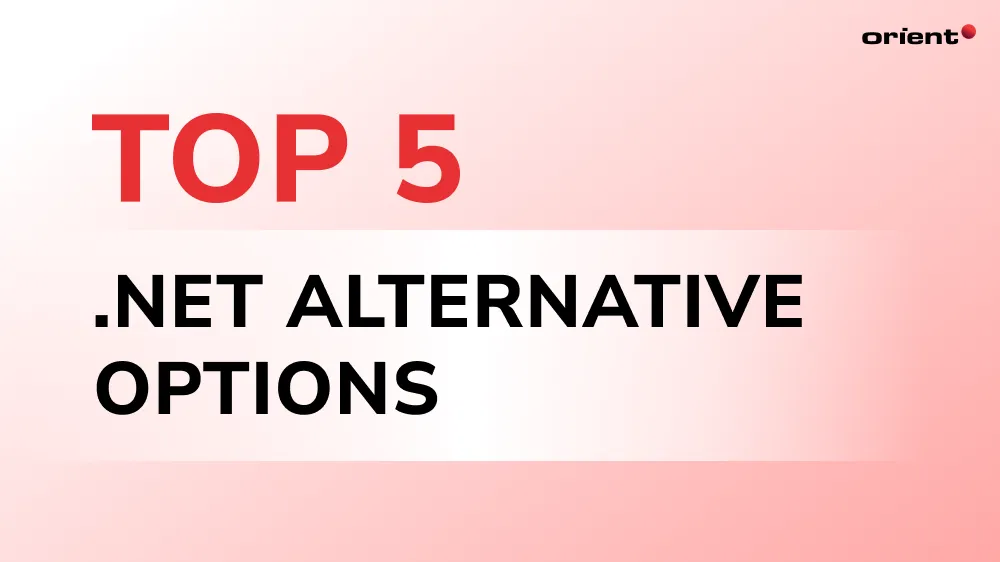
Mono
According to Mono’s homepage, Mono is “an open source implementation of Microsoft’s .NET Framework as part of the .NET Foundation and based on the ECMA standards for C# and the Common Language Runtime.” With the help of the open-source web framework, developers can create web applications and services quickly.
Mono can be considered a replacement for .NET for the following reasons:
- Cross-platform support with wider compatibility. It can run across Windows, macOS, and Linux.
- Like .NET, Mono is open-source and benefits from community contributions.
- Compatibility with .NET framework as Mono makes it simpler to extend the functionality of current software by offering a method for porting .NET applications to non-Windows platforms with little to no changes.
Mono would be a great choice if you want to have cross-platform abilities or need to support legacy systems that are not compatible with the latest .NET versions. However, if you are looking for a software platform with high-performance capabilities, Mono might not be the best choice.
Java
Many gadgets, including laptop computers, mobile phones, gaming consoles, medical equipment, and many more, use Java, an object-oriented language and software platform. Java’s syntax and conventions are derived from C and C++.
Java has a variety of frameworks serving a variety of needs.
- Web frameworks: With popular frameworks like Spring, Hibernate and JavaServer Faces, developers can build robust web applications.
- Mobile app frameworks: Not as dominant as Kotlin or Swift, Java is still one of the primary programming languages as it has been used for Android app development. Android Studio, the official IDE for Android development.
- Building user interfaces (GUI) applications: Java provides developers with tools like Swing or JavaFX to build GUI apps.
The list goes on, but here are some of the most notable frameworks. Java boasts a large and established ecosystem with a large community, which can act as a great replacement for .NET app development.
Ruby on Rails
Rails, or Ruby on Rails (RoR), is a full-stack framework created in the Ruby programming language. Ruby on Rails is used to create e-commerce platforms, content management systems (CMS), and social media networks. As a framework, Ruby on Rails stands as a choice for .NET replacement because:
- It is developer-friendly. Unlike .NET, Ruby has a gentler learning curve.
- While both .NET and Ruby on Rails support web development projects, Rails was specifically designed with a heavy focus on this purpose. This is why, with its comprehensive set of tools and libraries, Rails can be considered a strong alternative to .NET for certain web development projects.
- Ruby on Rails can be considered a more cost-effective tool, especially since it doesn’t come with licensing fees like .NET.
- If your project needs more agility and flexibility, Rails holds an edge over .NET - commonly associated with large enterprise apps.
Delphi
Delphi is a robust data-aware Rapid Application Development (RAD) environment perfect for building programs for Windows, Linux, macOS, iOS, and Android. Simplifying data communication, retrieval, manipulation, and deployment, it supports a broad array of applications, including image editing software, system utilities, antivirus software, and artificial intelligence.
Delphi’s strength is its native code deployment across different platforms, which reduces development work and boosts productivity. This feature makes it a great alternative for .NET, along with:
- Cross-platform compatibility
- Robust data handling capabilities
- Legacy applications support
- Rapid development capabilities
However, do keep in mind that Delphi has a smaller community and is known for its focus on desktop apps, which is why it might not meet your latest technology needs.
ExpressJS
ExpressJS is a popular Node.JS web framework. It possesses a number of strong features, including being lightweight, minimalist, robust routing capabilities, and popular templating integration capabilities.
Teams should opt for ExpressJS instead of .NET in cases where lightweight, fast, and flexible web development is desired, leveraging the JavaScript ecosystem and Node.js runtime advantages. However, in the cases of enterprise-scale apps, .NET is still a more suitable choice.
What Is the Best .NET Alternative Option?
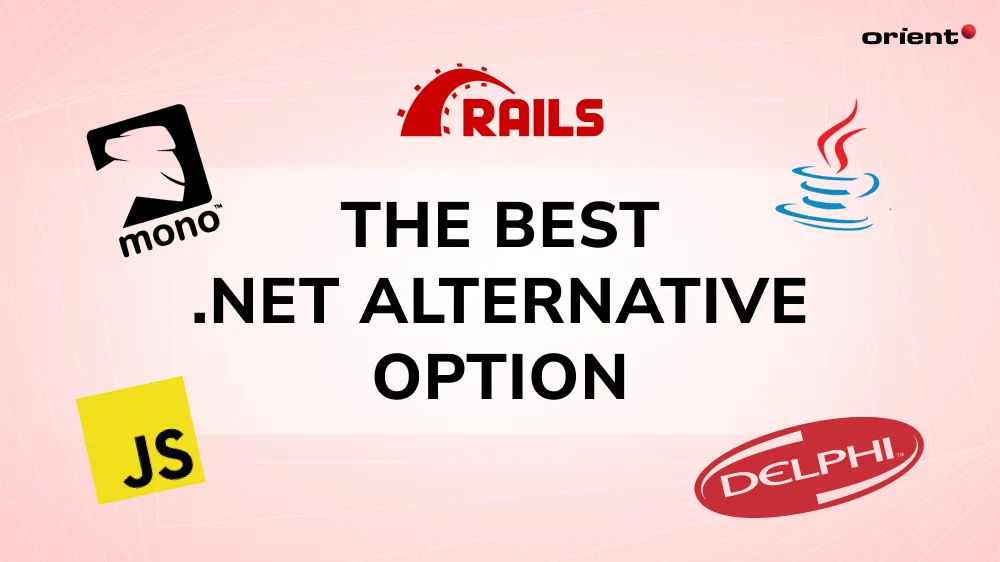
The best alternative option is the one that fits the specific project requirements, system structure, and developer team’s familiarity.
Each framework and programming language is created with specific goals and usage in mind, meaning there are no right choices, only the most suitable ones. Instead of focusing on the strengths and weaknesses of each language or framework compared to .NET, it would be best to focus on what the project entails and what the best solutions would be. This often requires some practice and failure.
Orient Software’s dedicated developers team is happy to help you decide. In addition to thoroughly analyzing your vision, project demand, target audience, and technical needs, we have years of experience to help you come up with the best solution, or in this case, the best .NET alternative. Contact us today to find out more!

